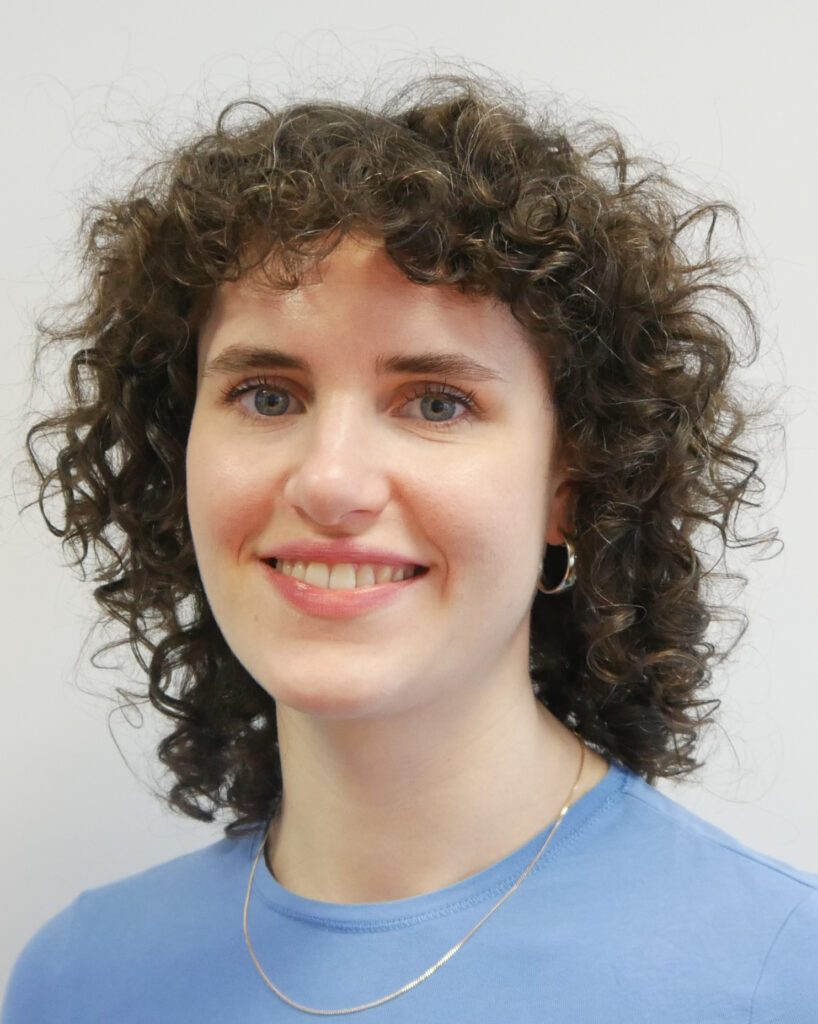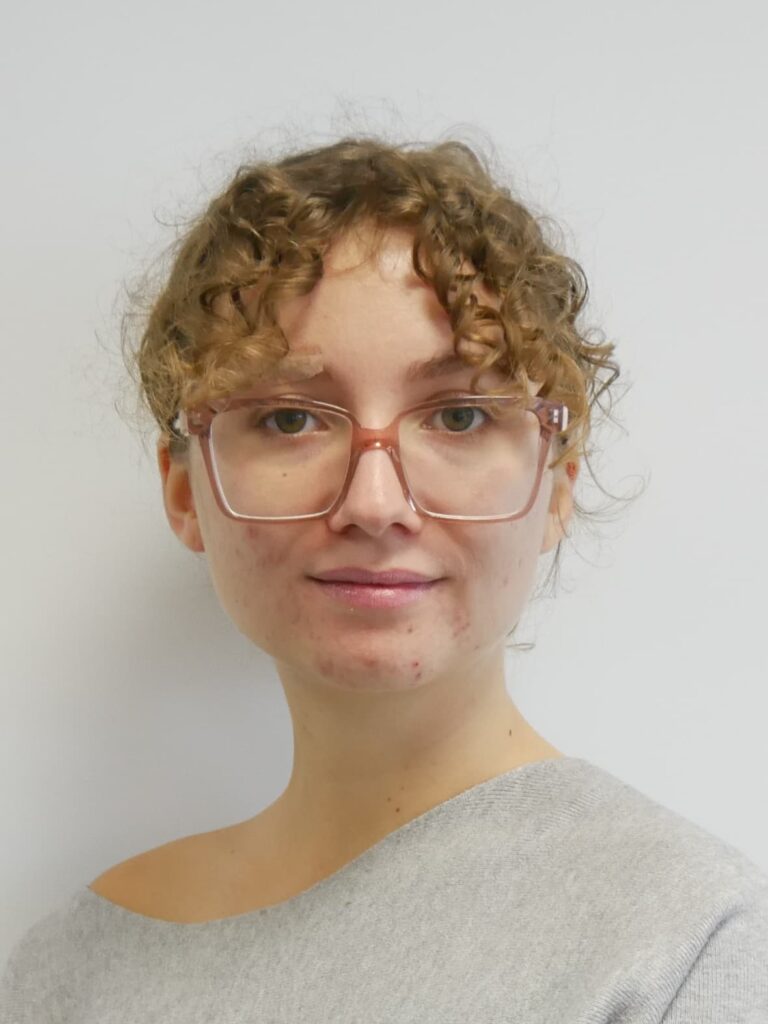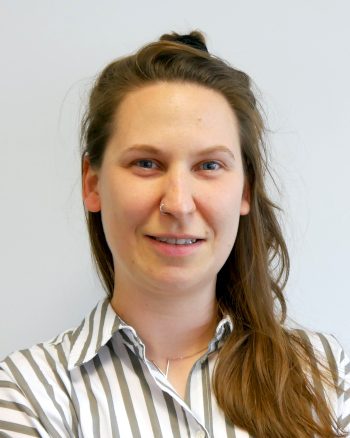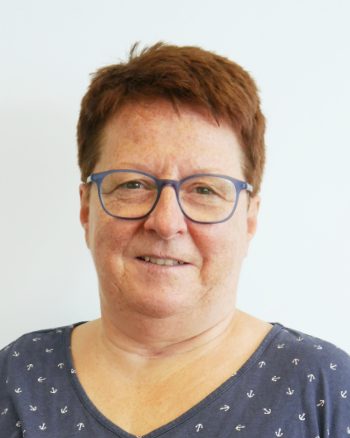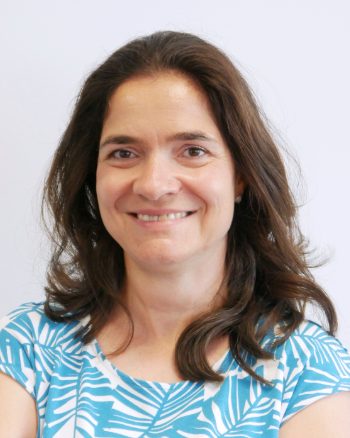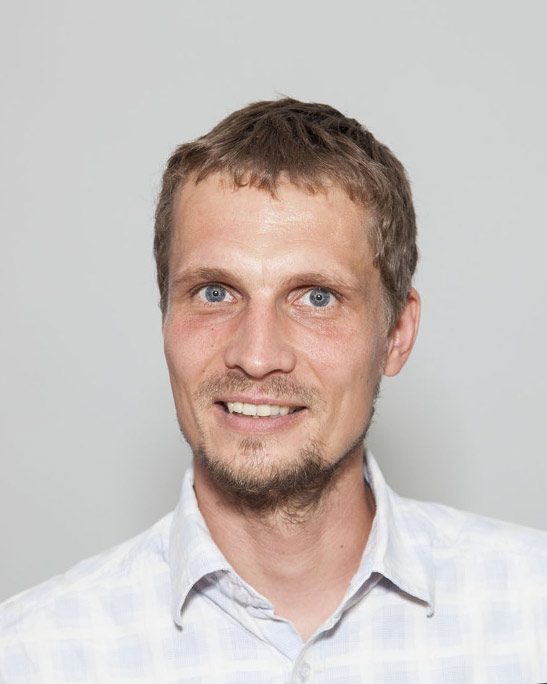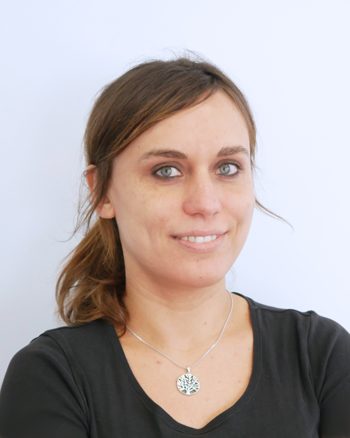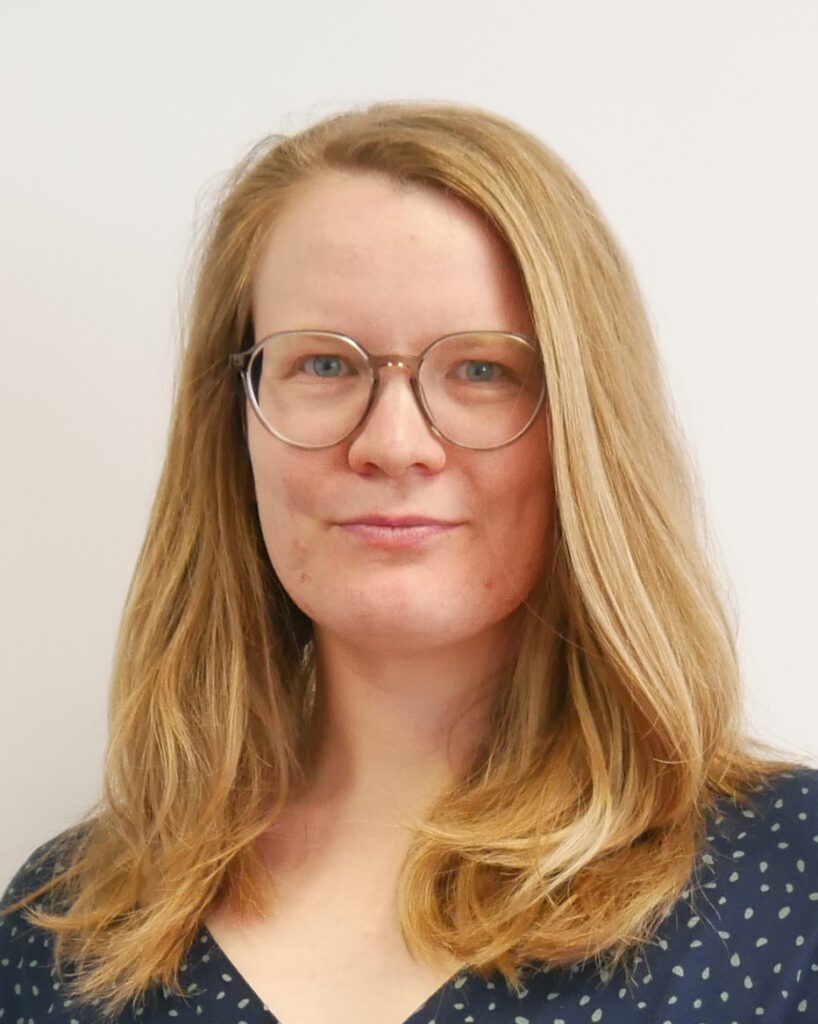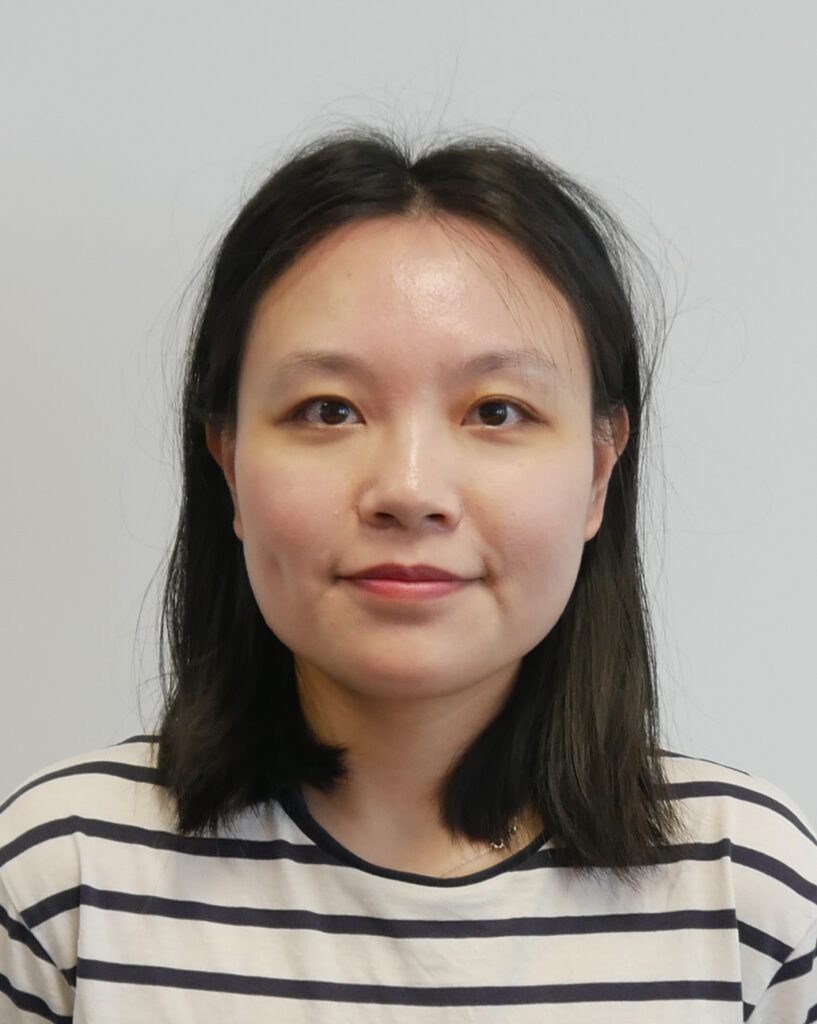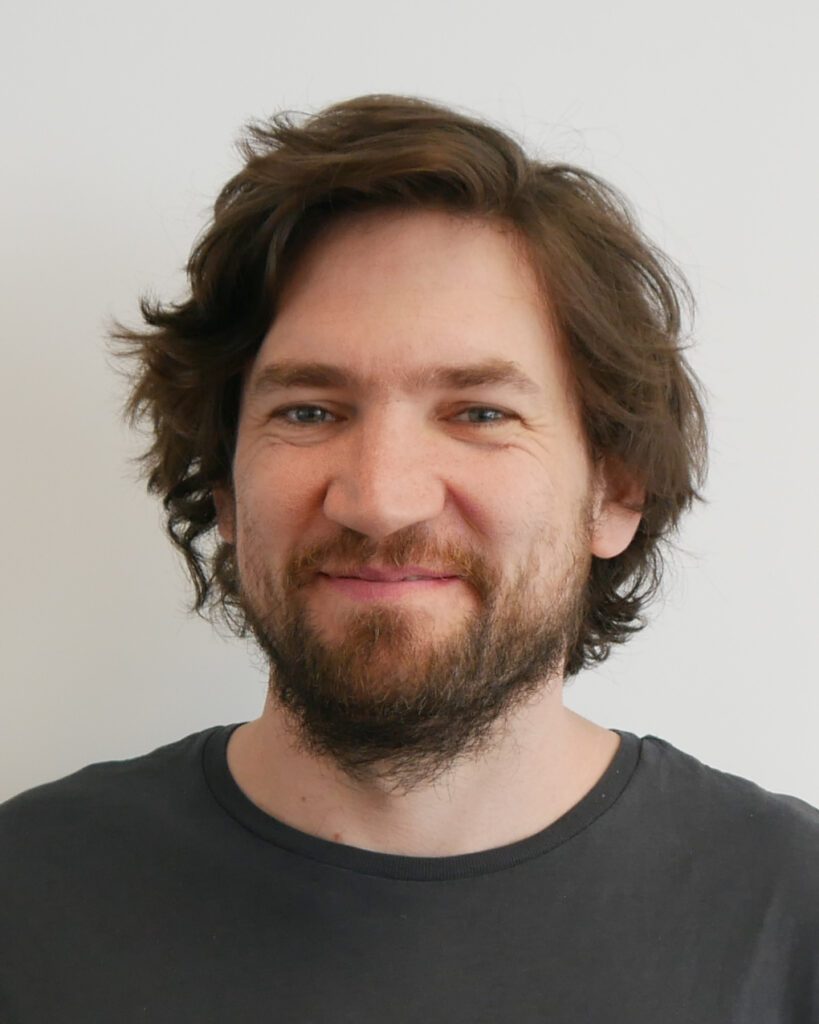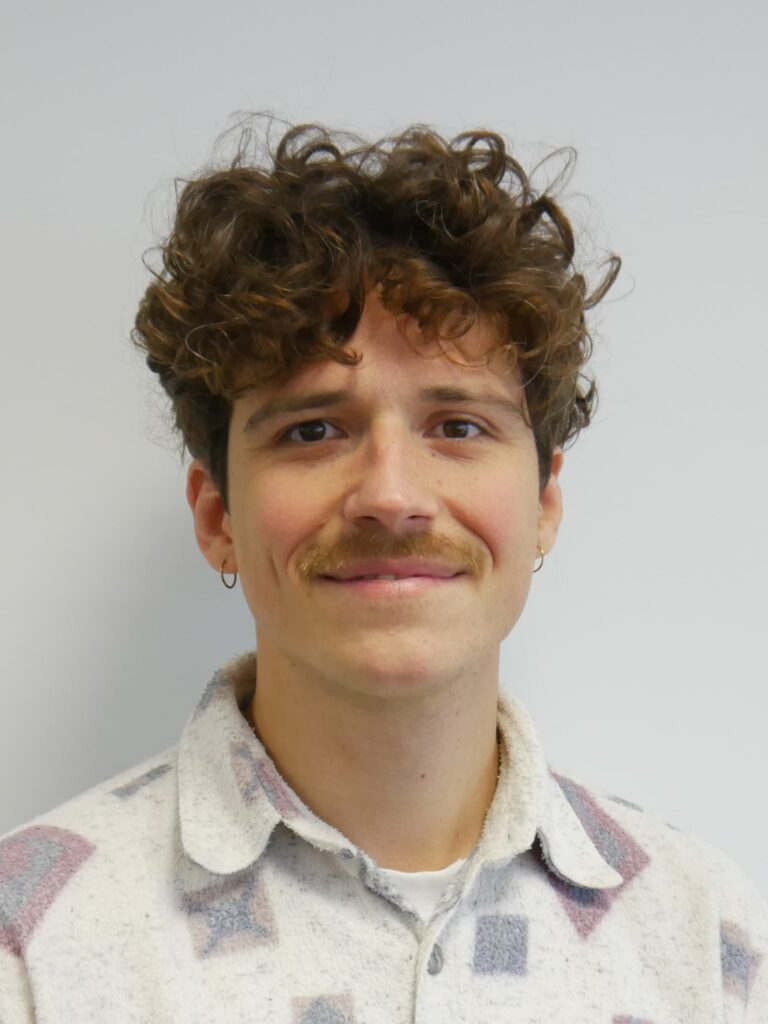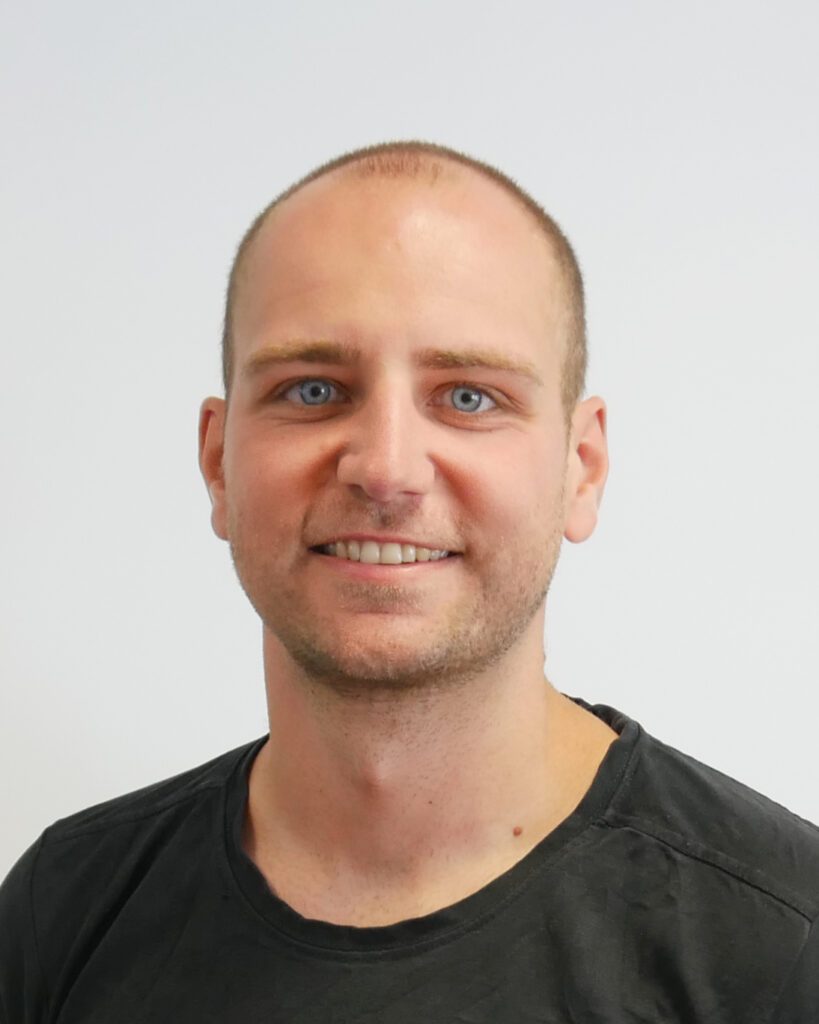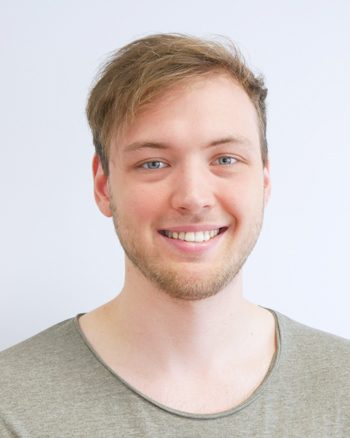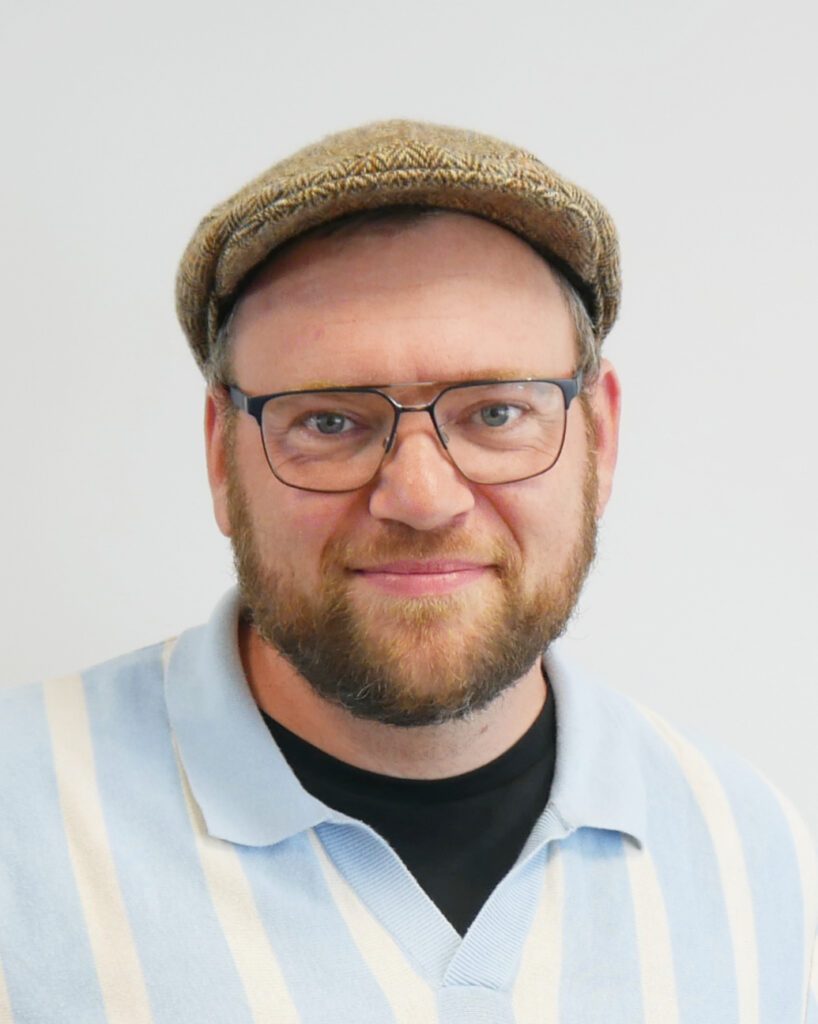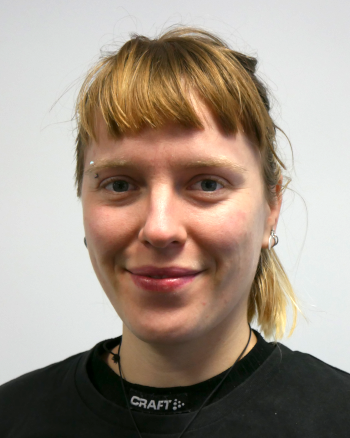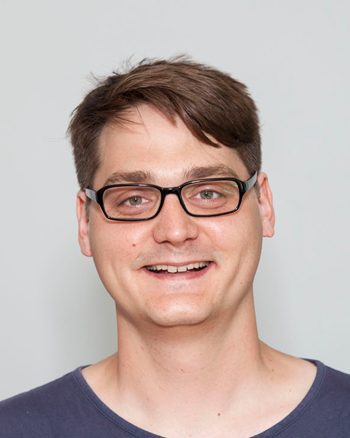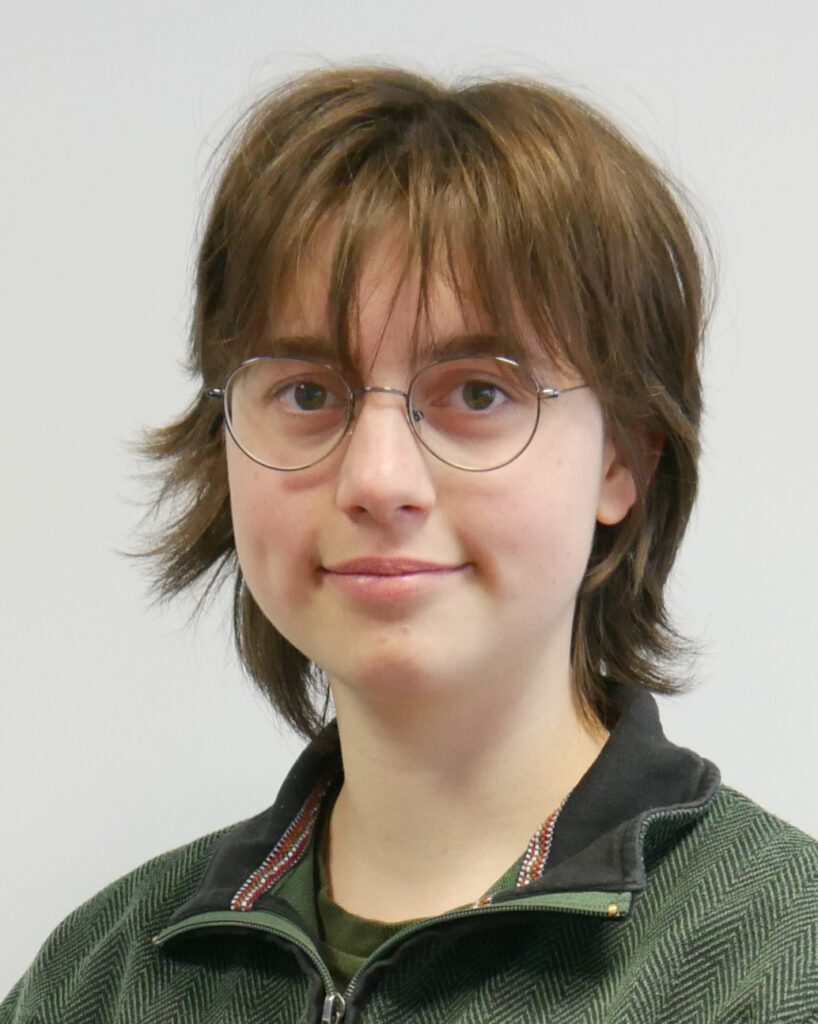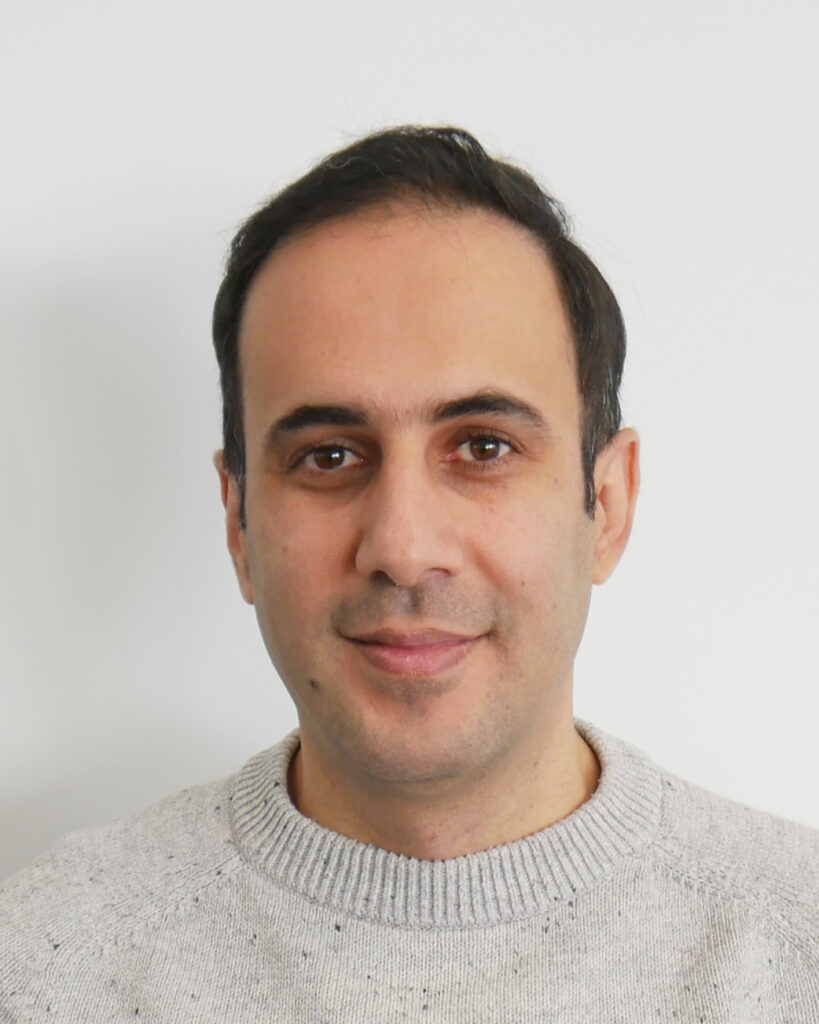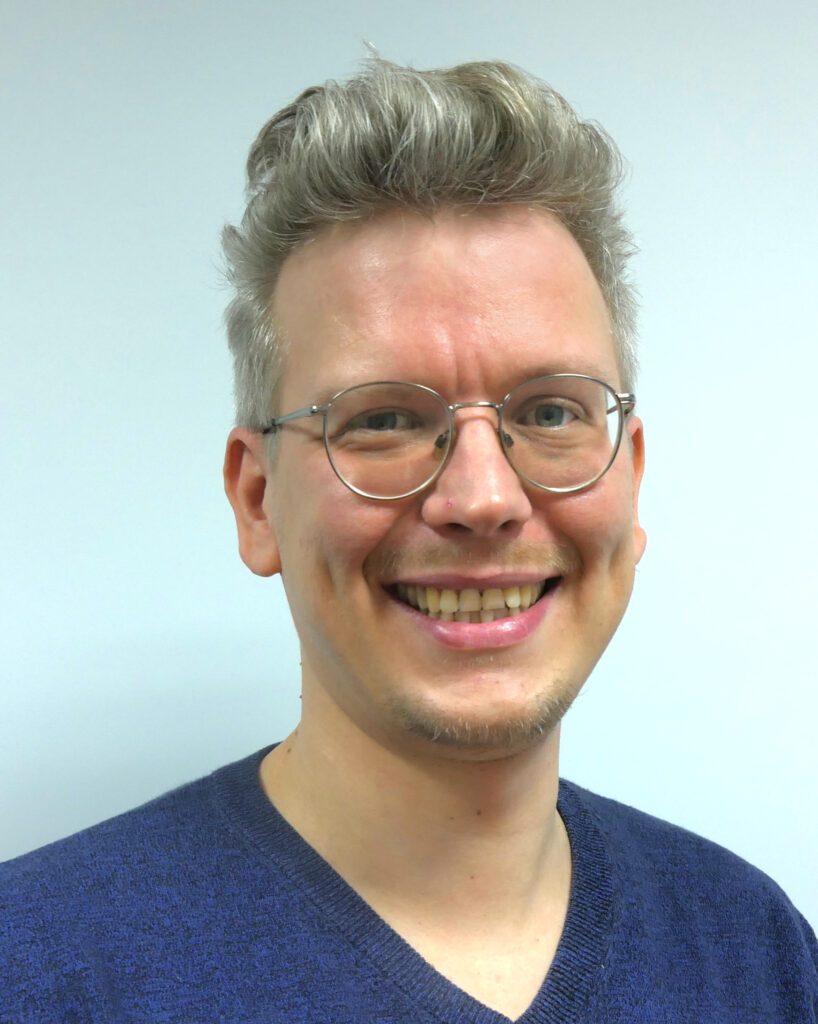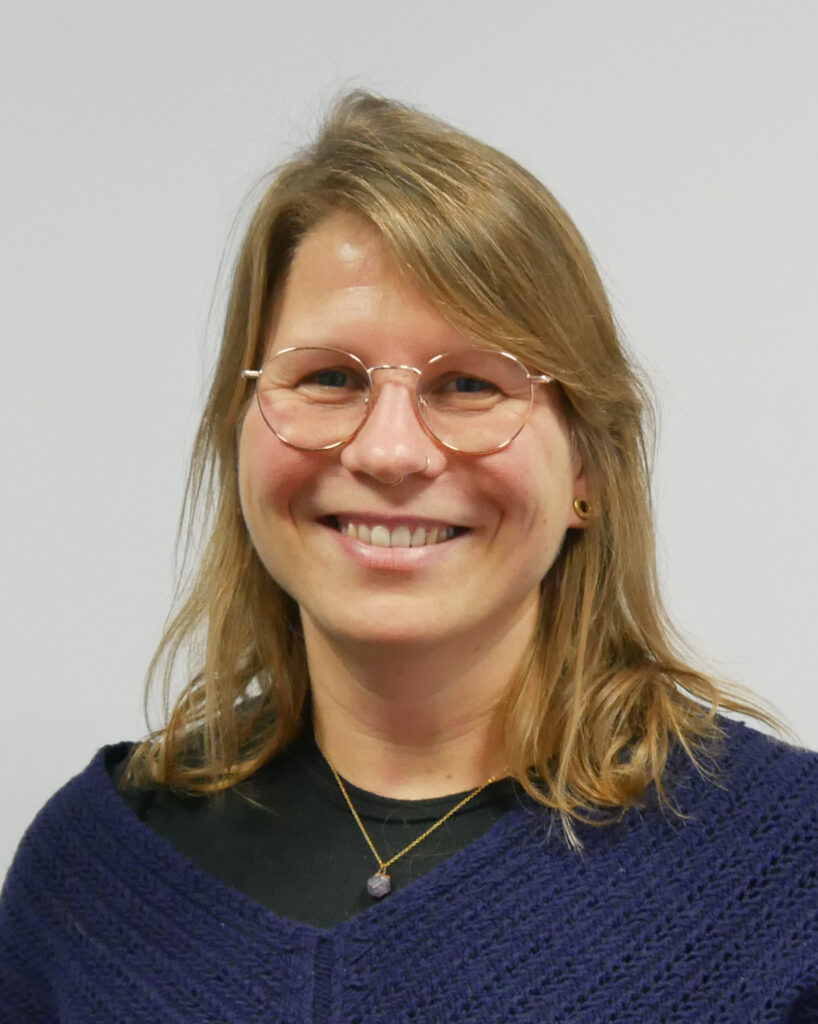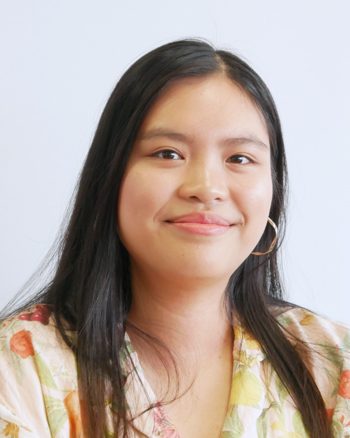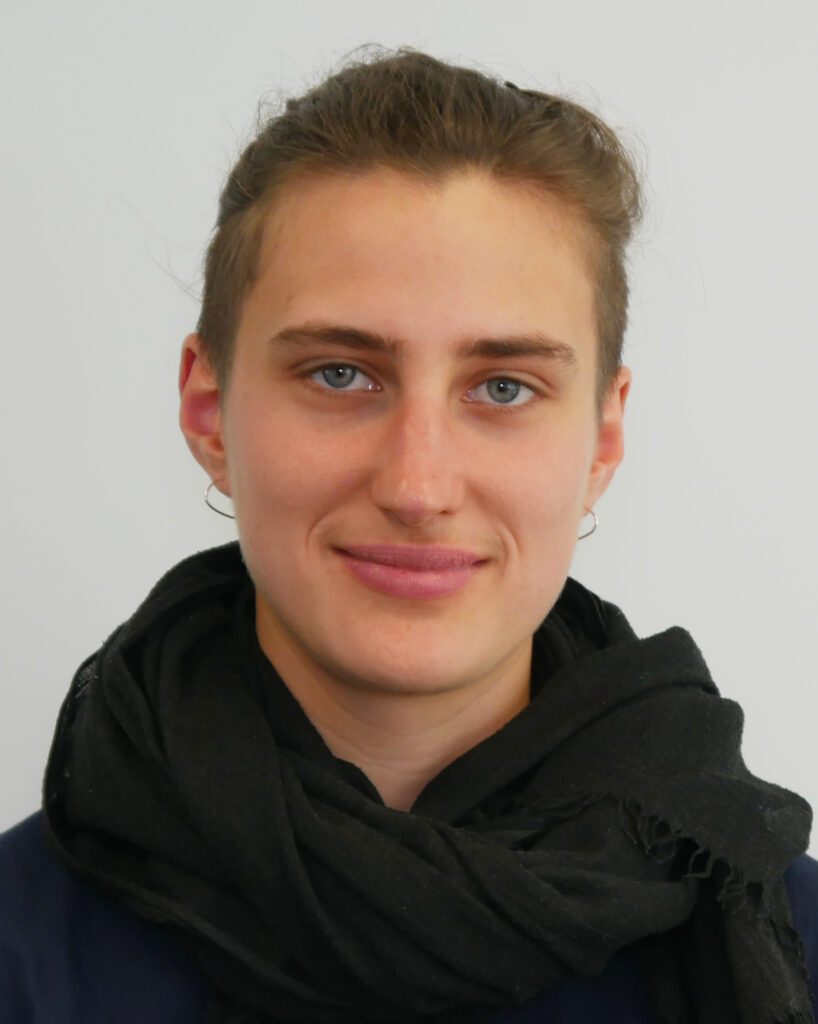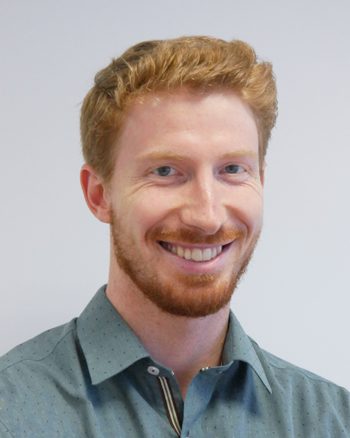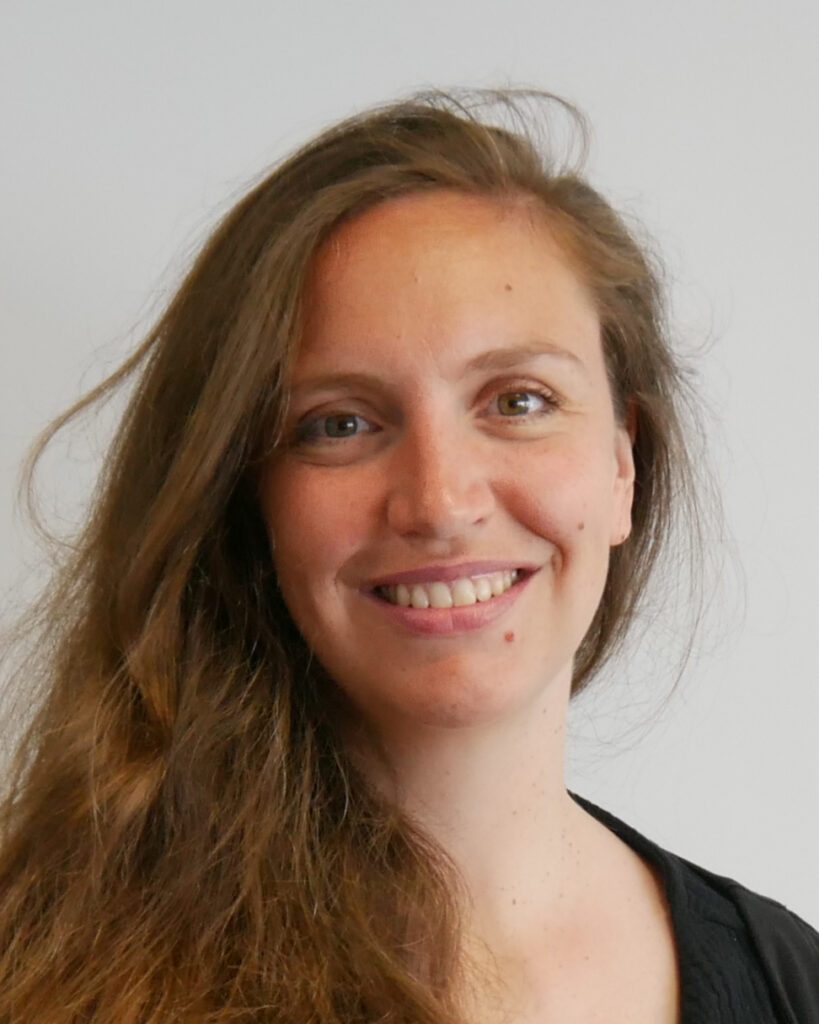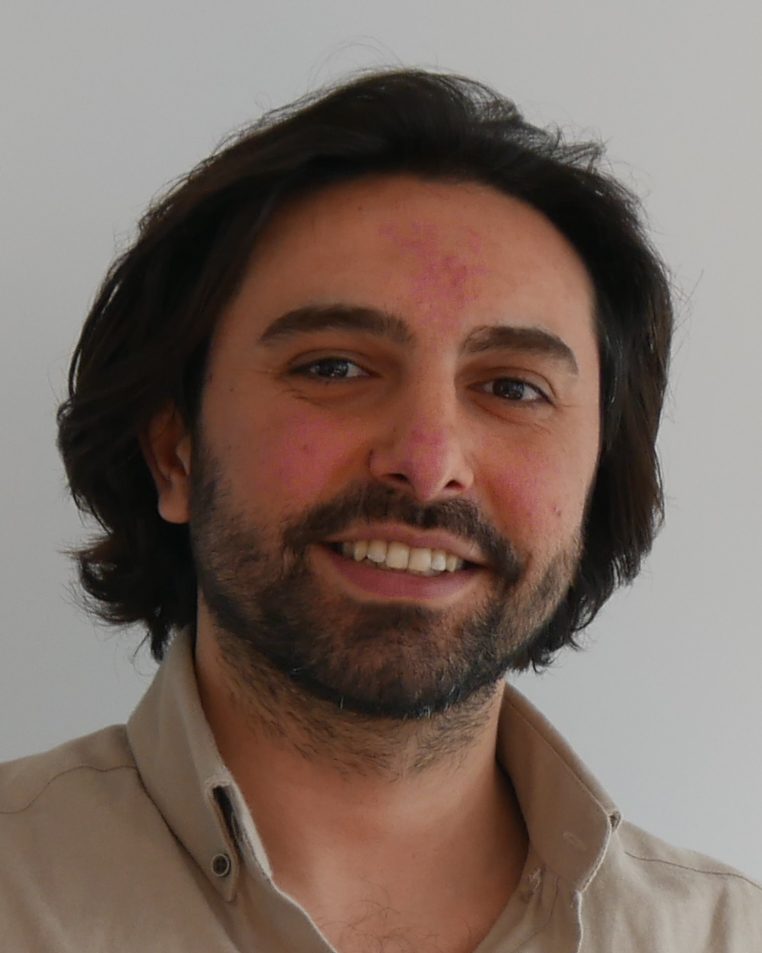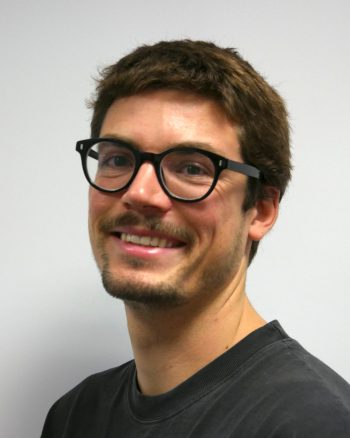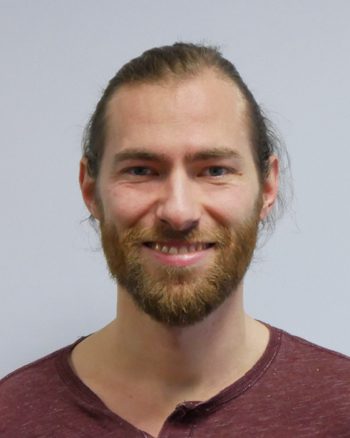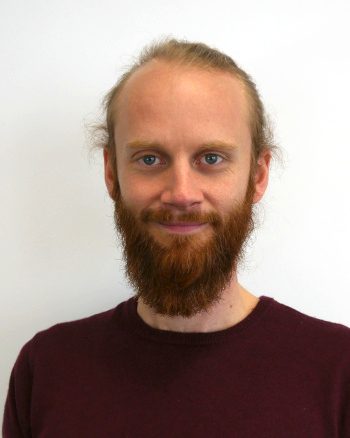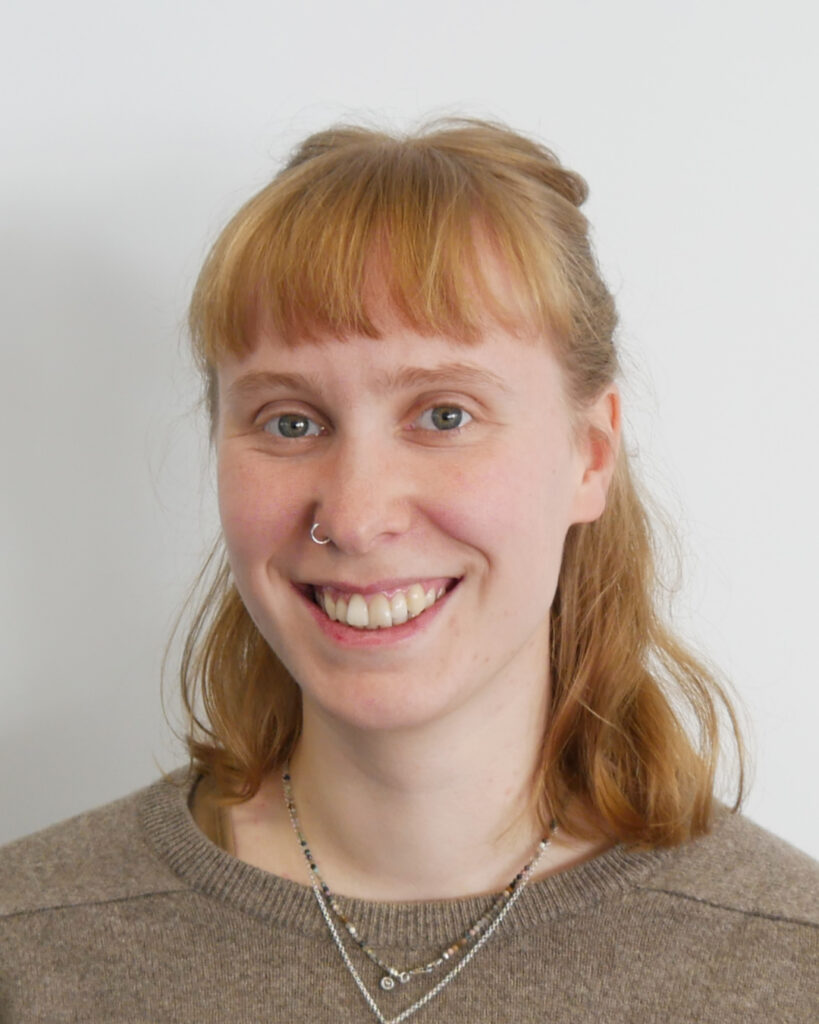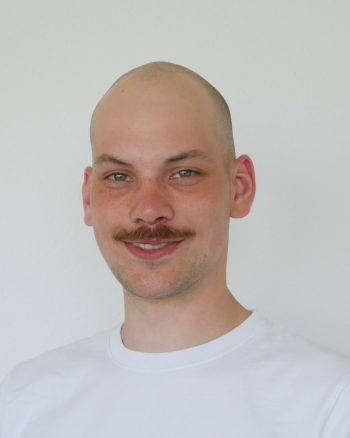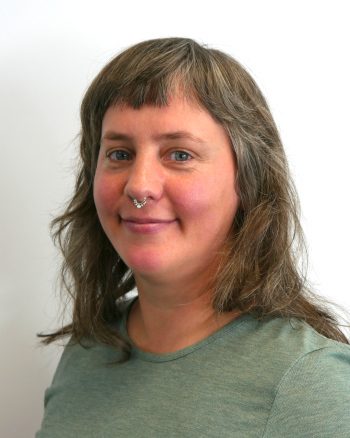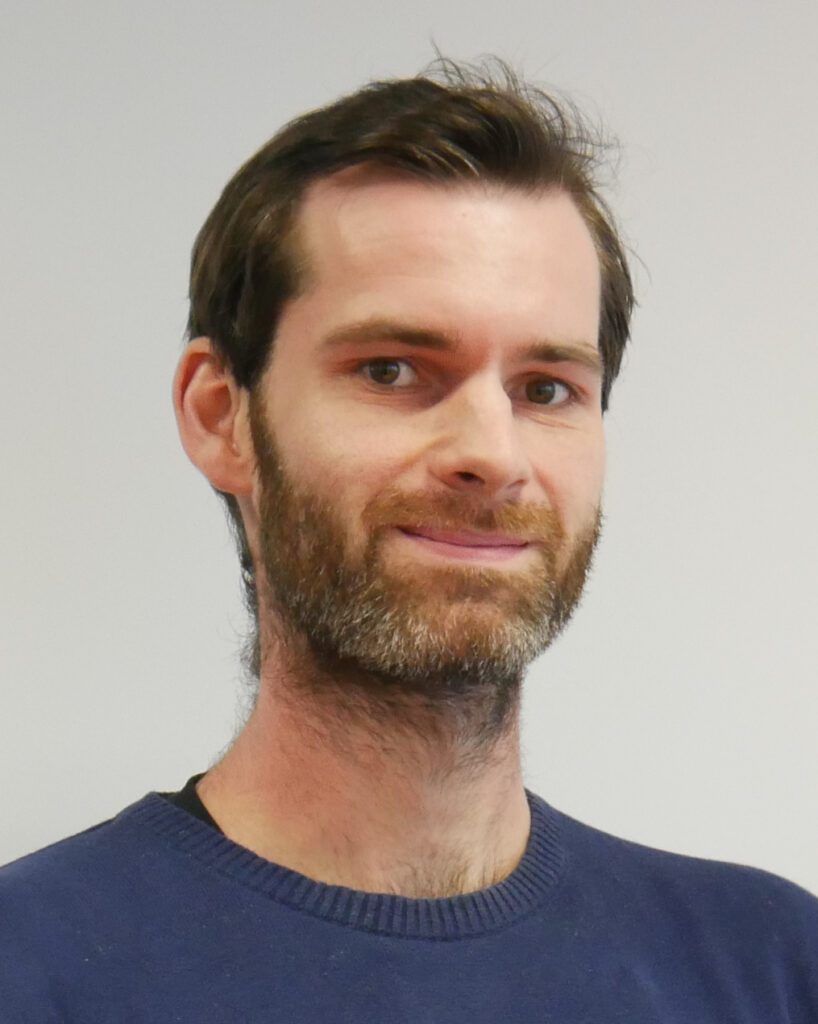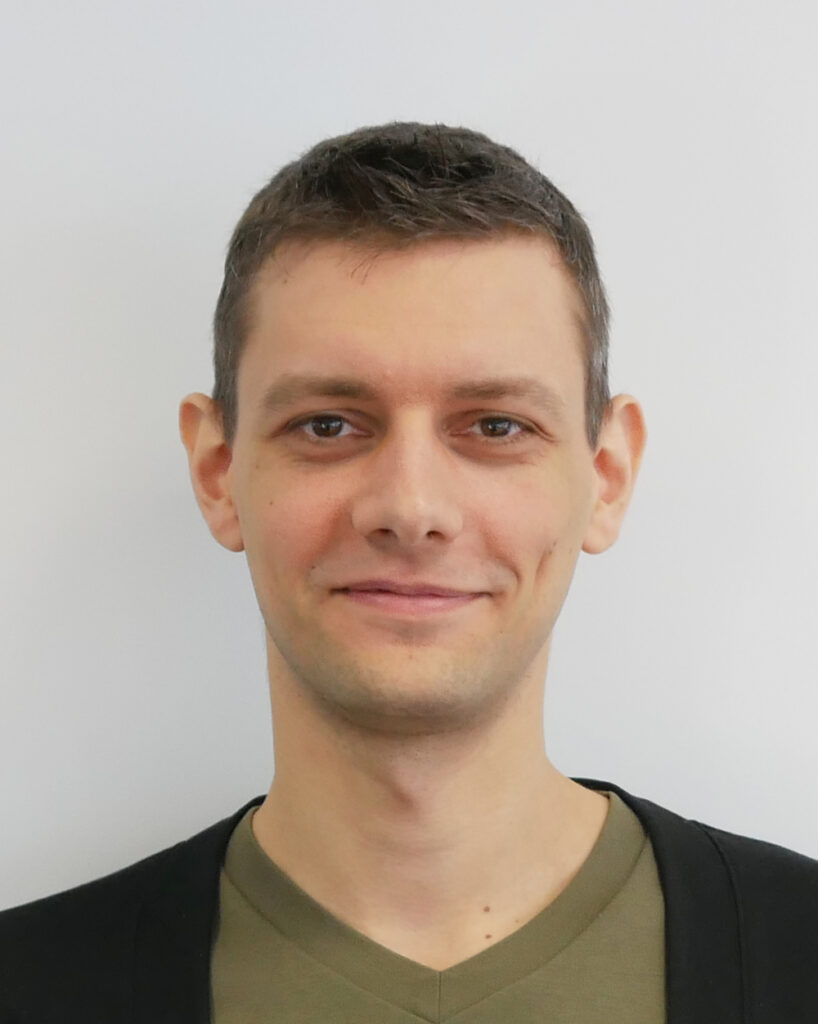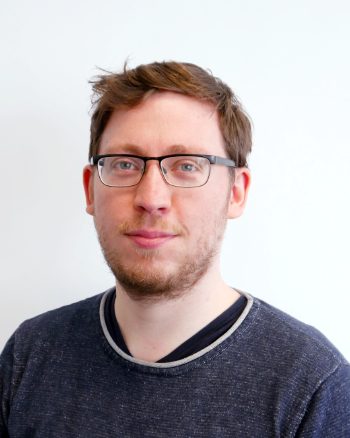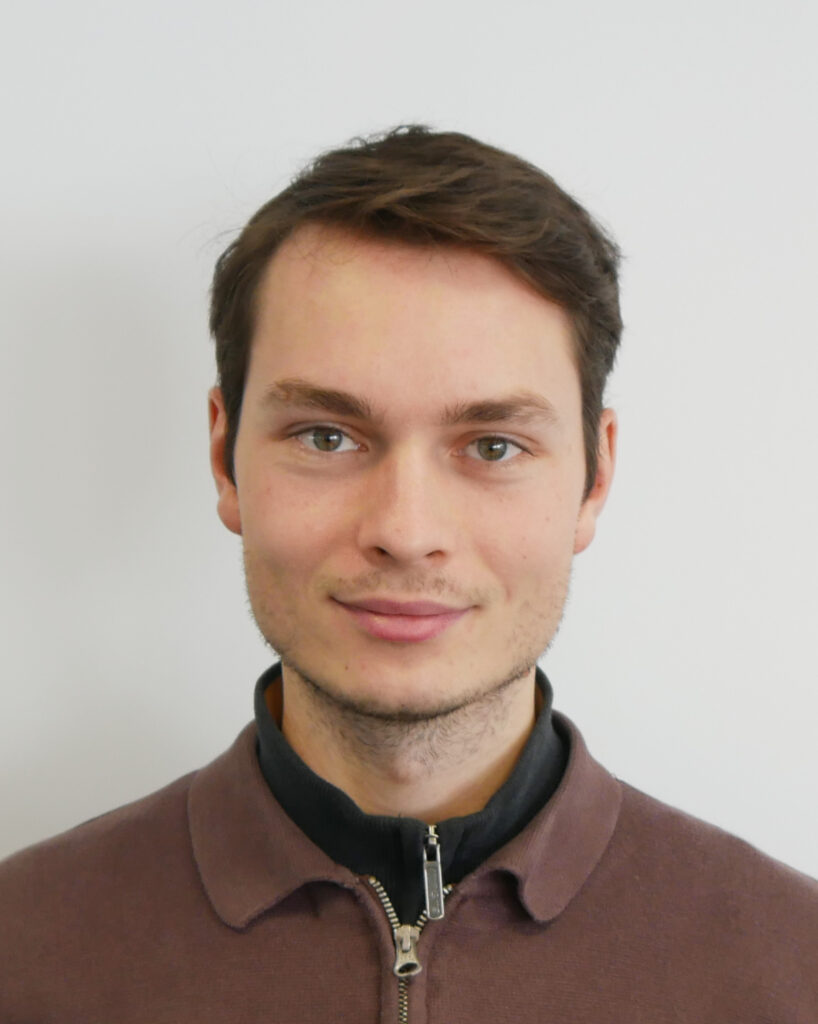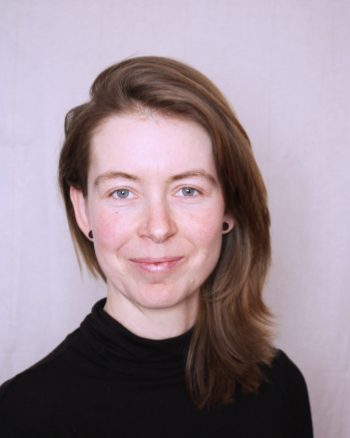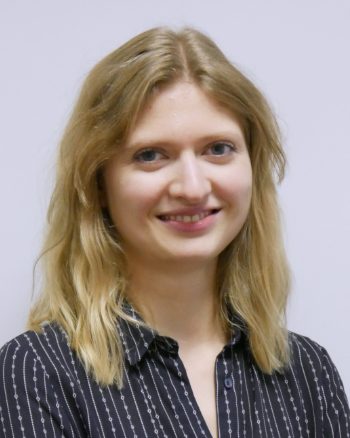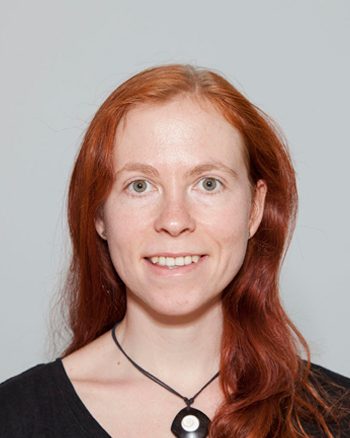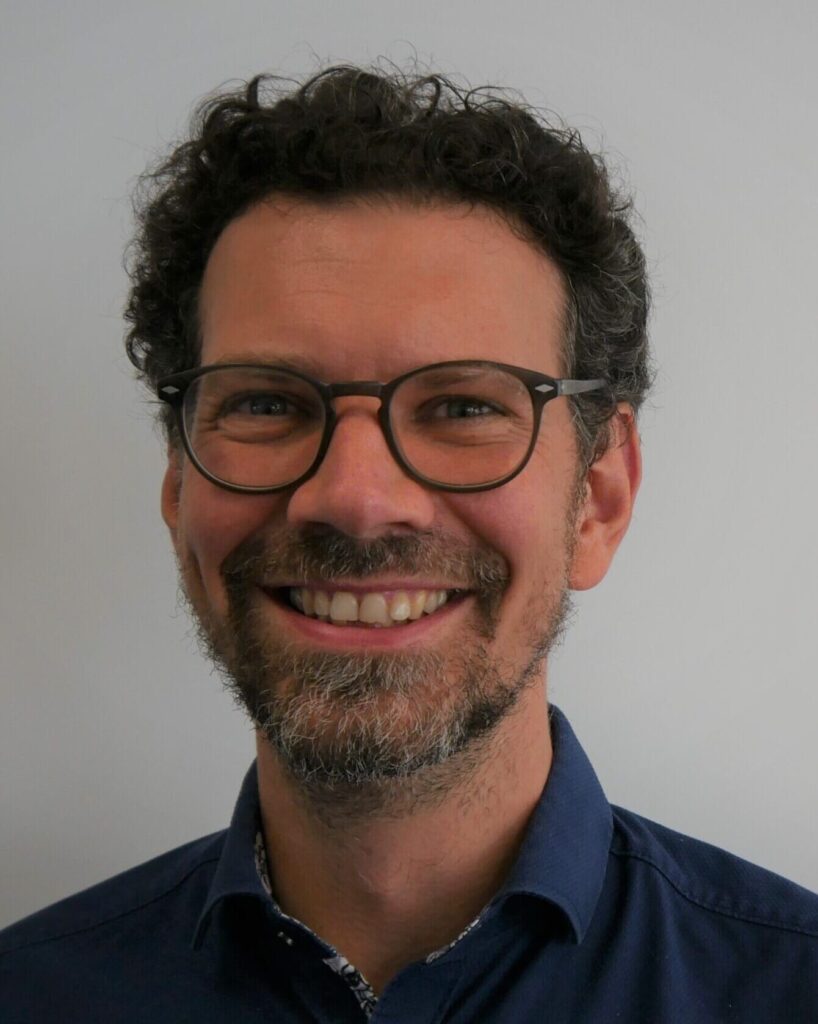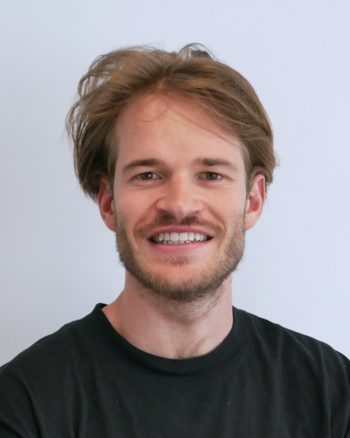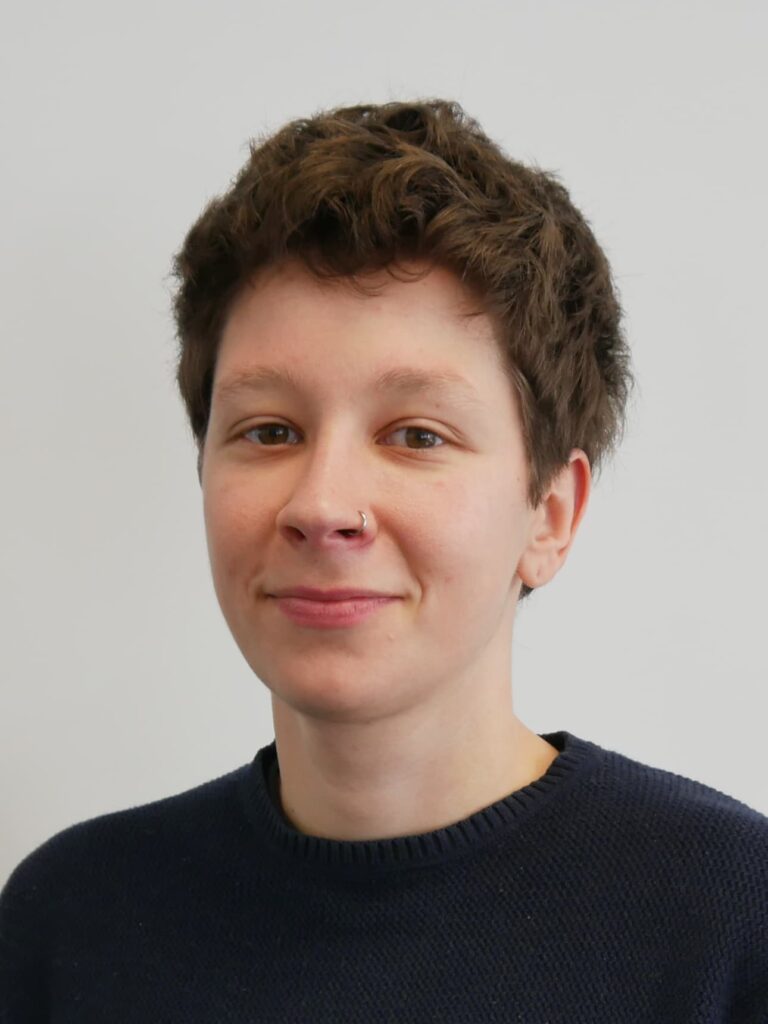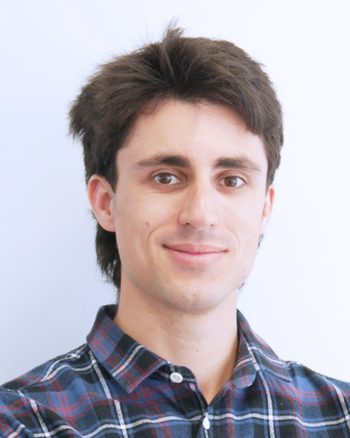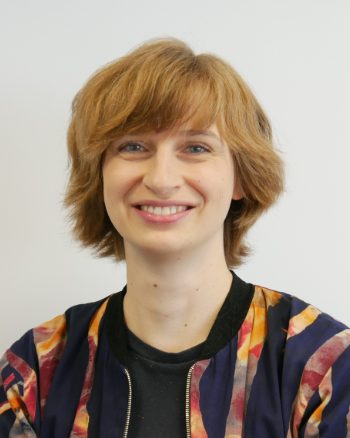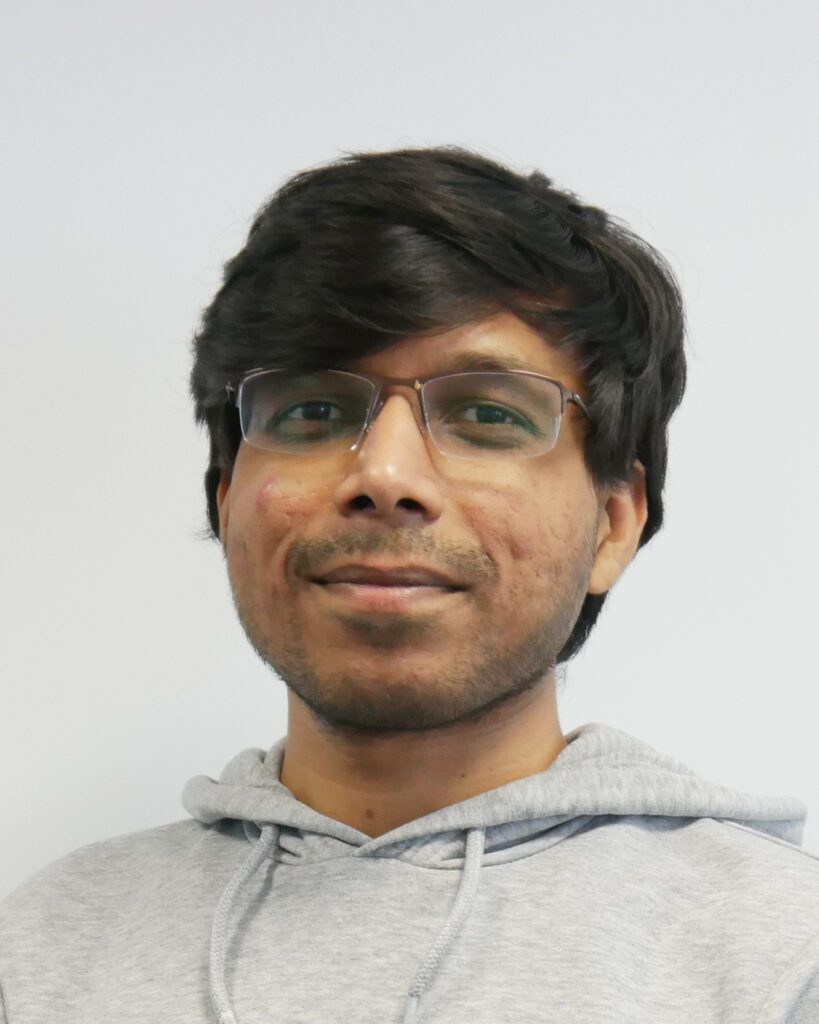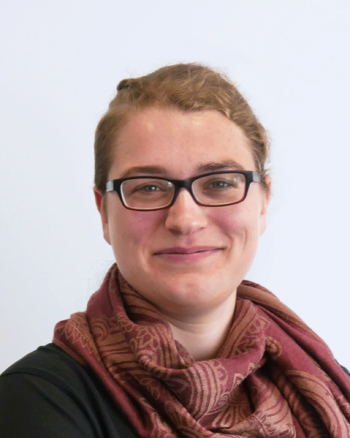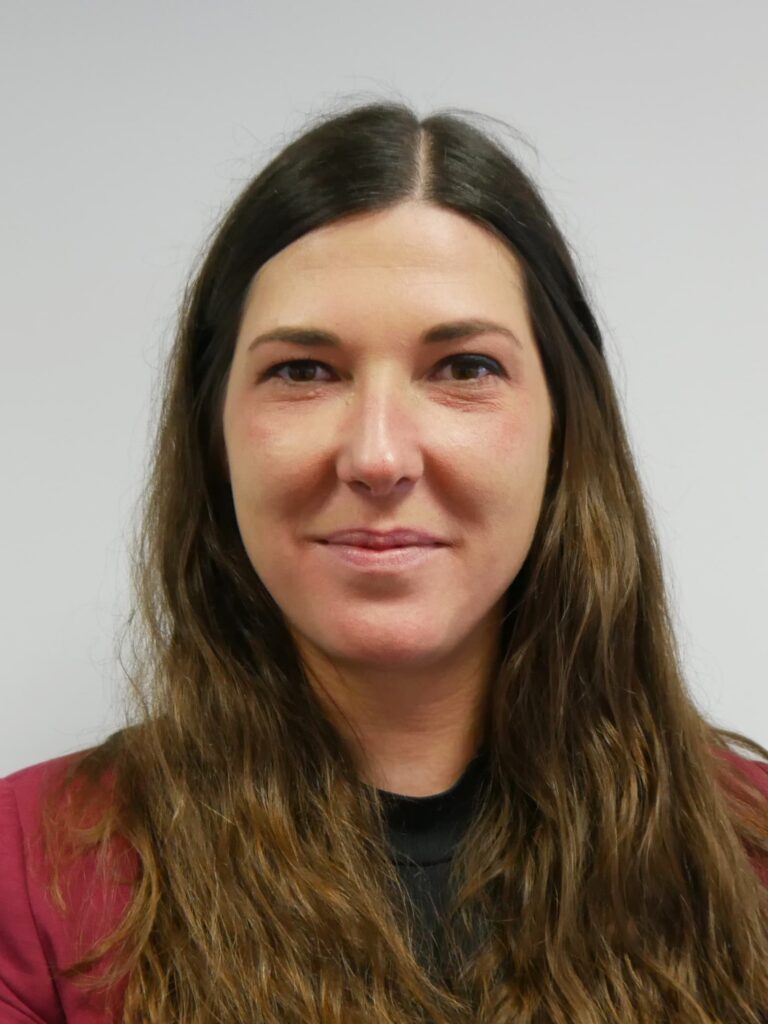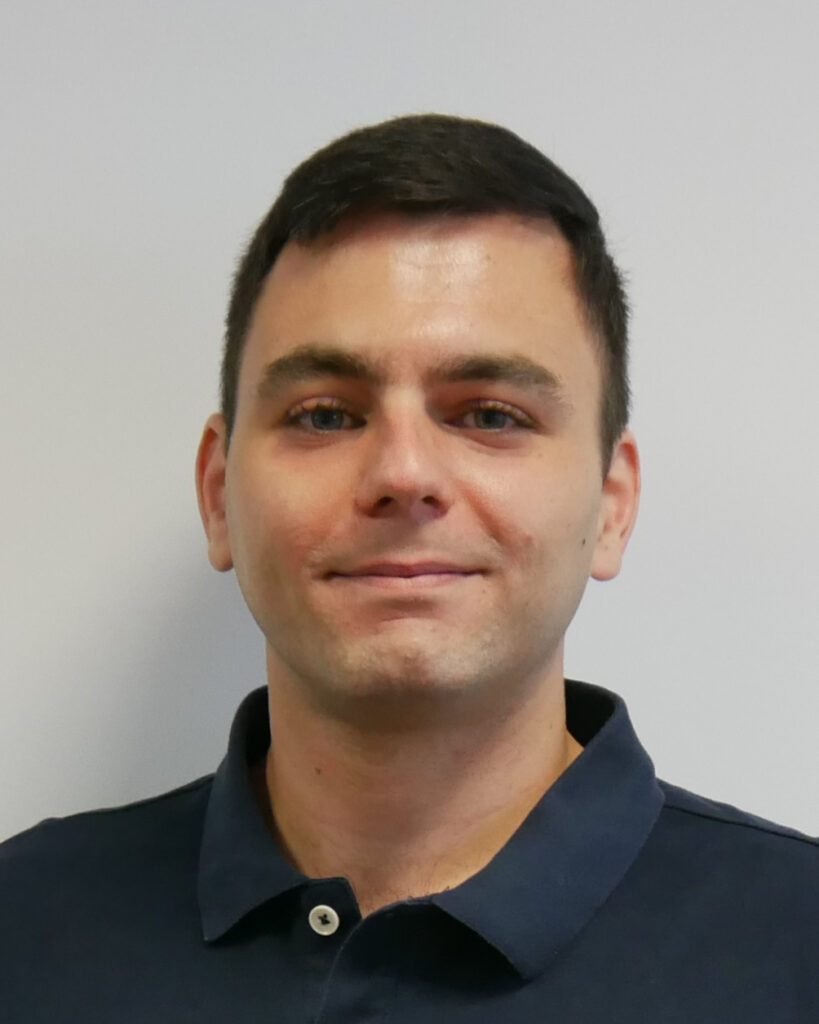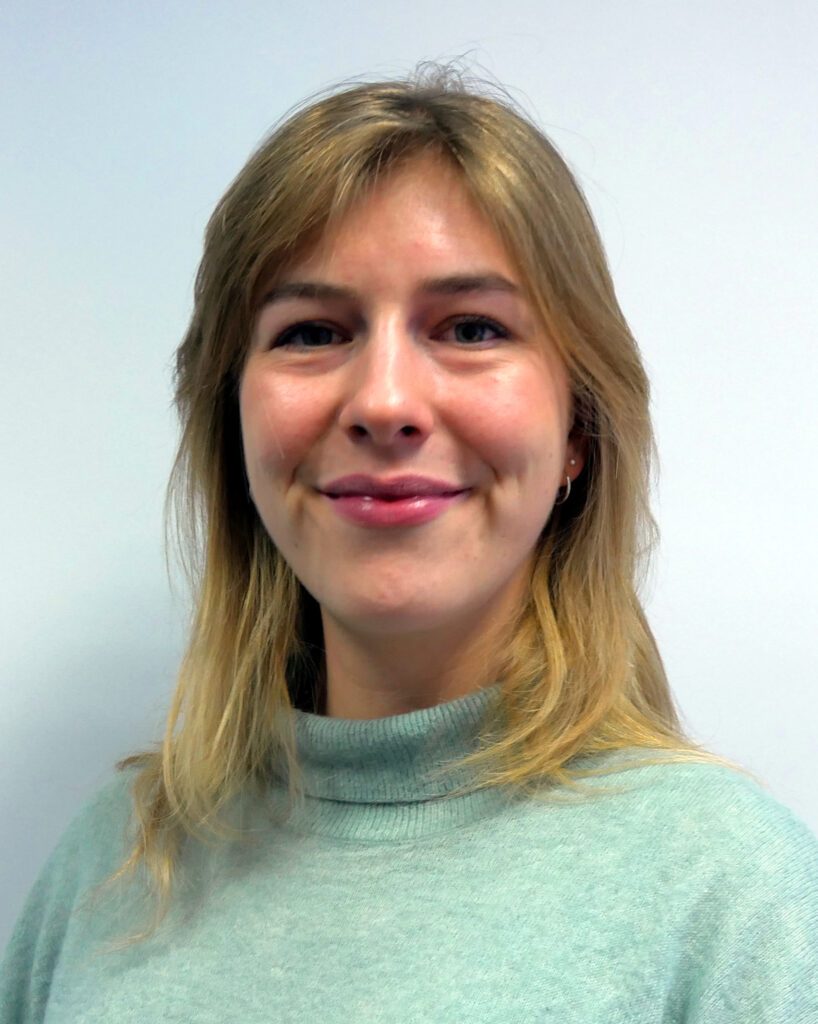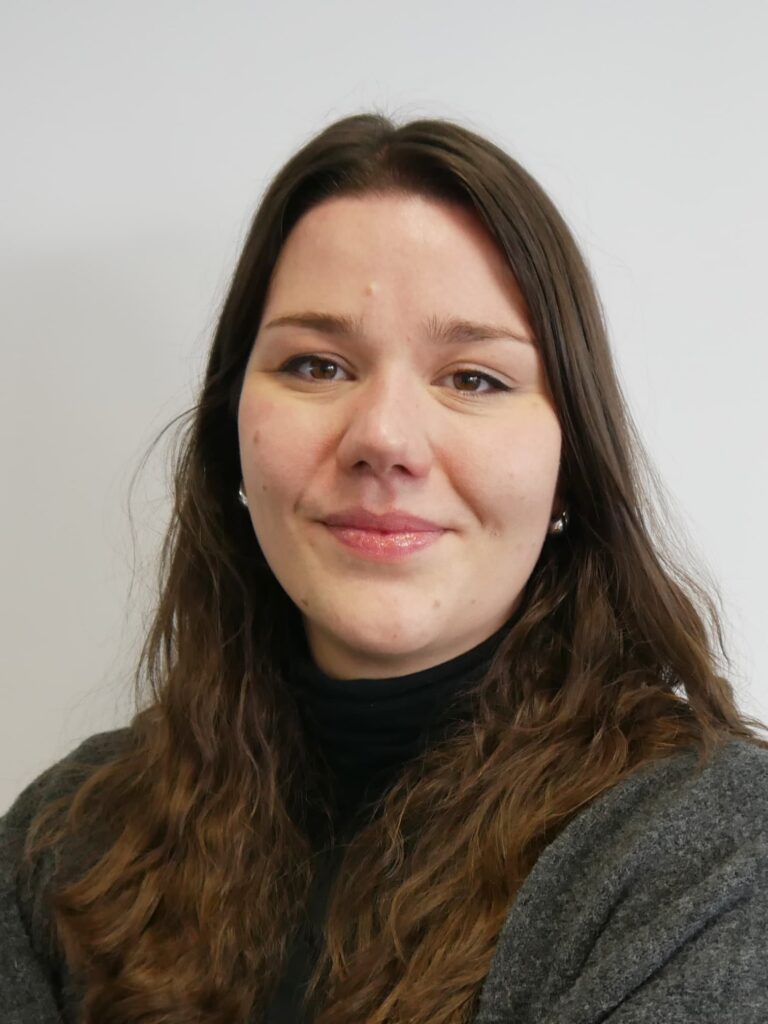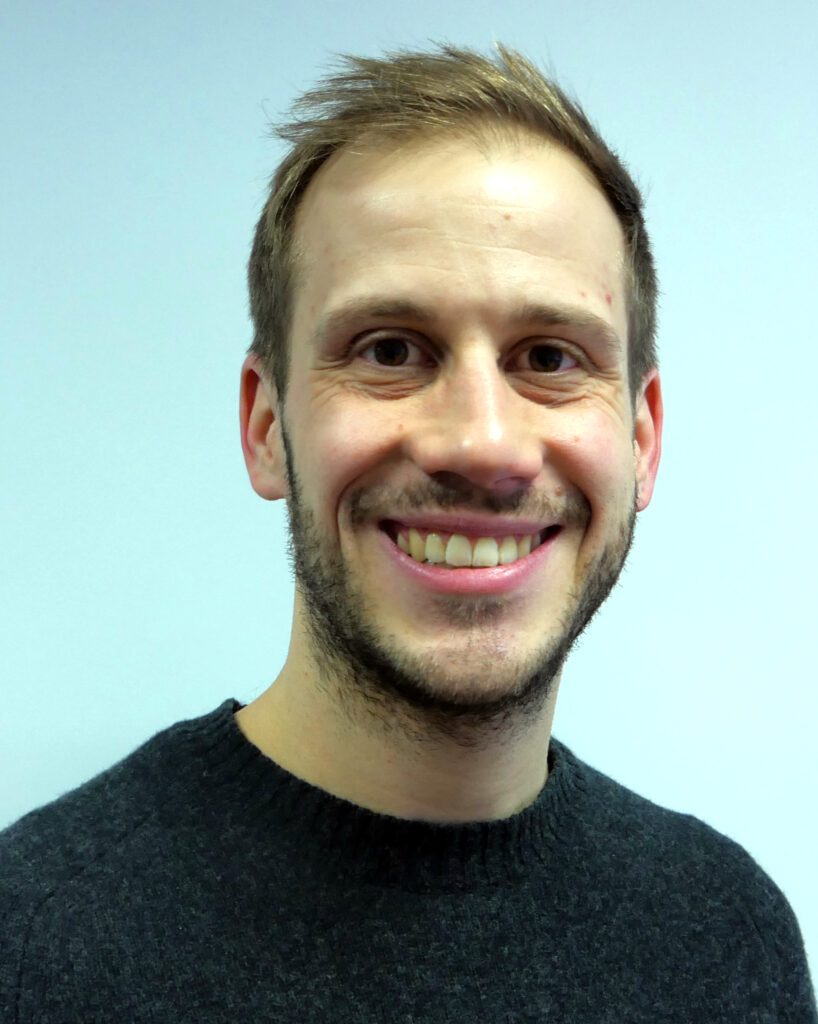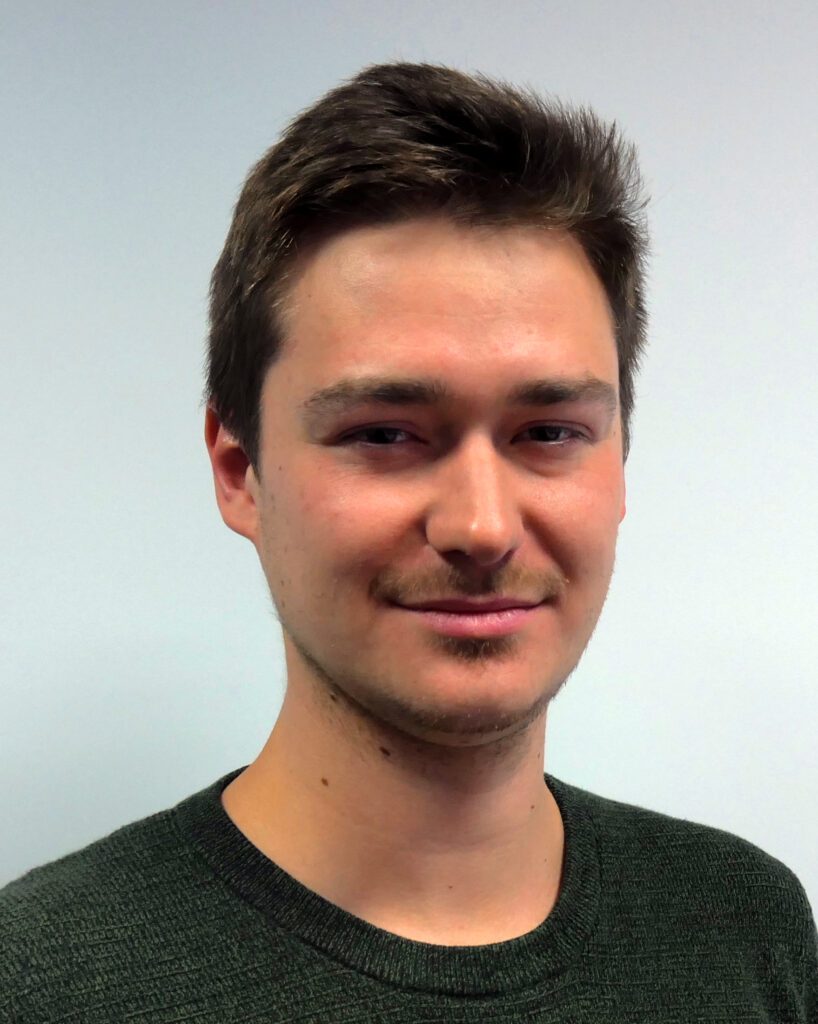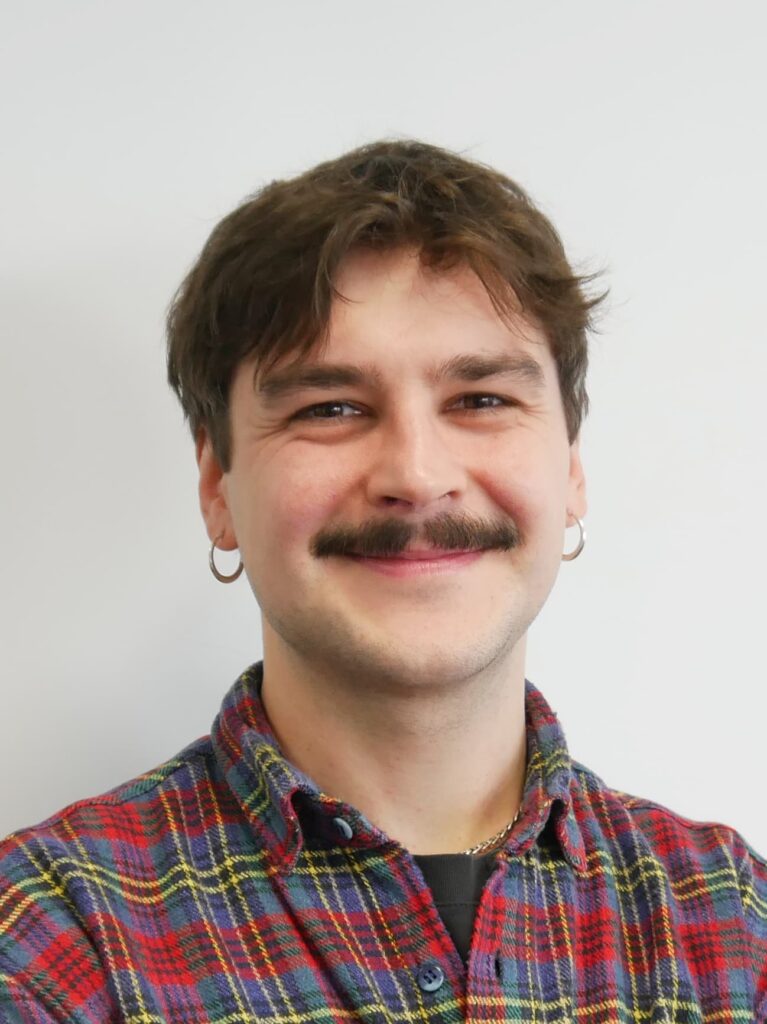Team
At the Reiner Lemoine Institute, dedicated and experienced experts from many parts of the world work together to achieve a future with 100 percent renewable energy. Here we introduce these people:
Management
The RLI is led by Kathrin Goldammer and Christine Kühnel. Both bring extensive experience and expertise to the leadership of the institute and drive the strategic development and direction of RLI.
Team Administration
Our administration team ensures the smooth operation of all organizational and administrative processes at the institute. The staff supports the scientific teams and ensures that all administrative requirements are met efficiently and professionally
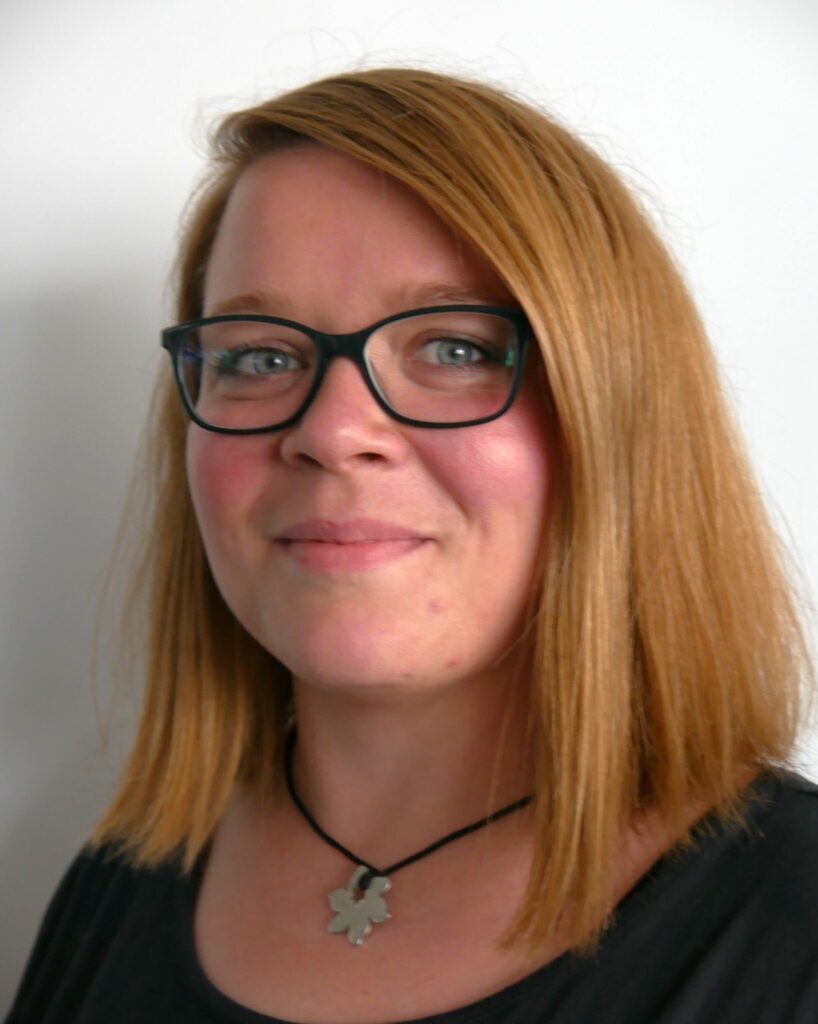
Patricia Kneiert
Human Resources and Office Management
+49 (0)30 1208 434 14 patricia.kneiert@rl-institut.deTeam Transformation of Energy Systems
The team in the unit Transformation of Energy Systems addresses key questions of the energy transition. Team members work on topics such as the expansion of renewable energy and the power grid, the coupling of electrical energy supply with the heating sector, the creation of generation time series for renewable energy plants, and the integration and networking of stakeholders. Their goal is to develop innovative solutions that support and advance the implementation of the energy transition.
Team Mobility with Renewable Energy
The team in the unit Mobility with Renewable Energy works on the energy transition in the transportation sector. They investigate how alternatives to gasoline and diesel engines – such as battery and fuel cell vehicles or synthetic fuels – can be ecologically and economically integrated into renewable energy systems and what charging infrastructure will be needed in the future.
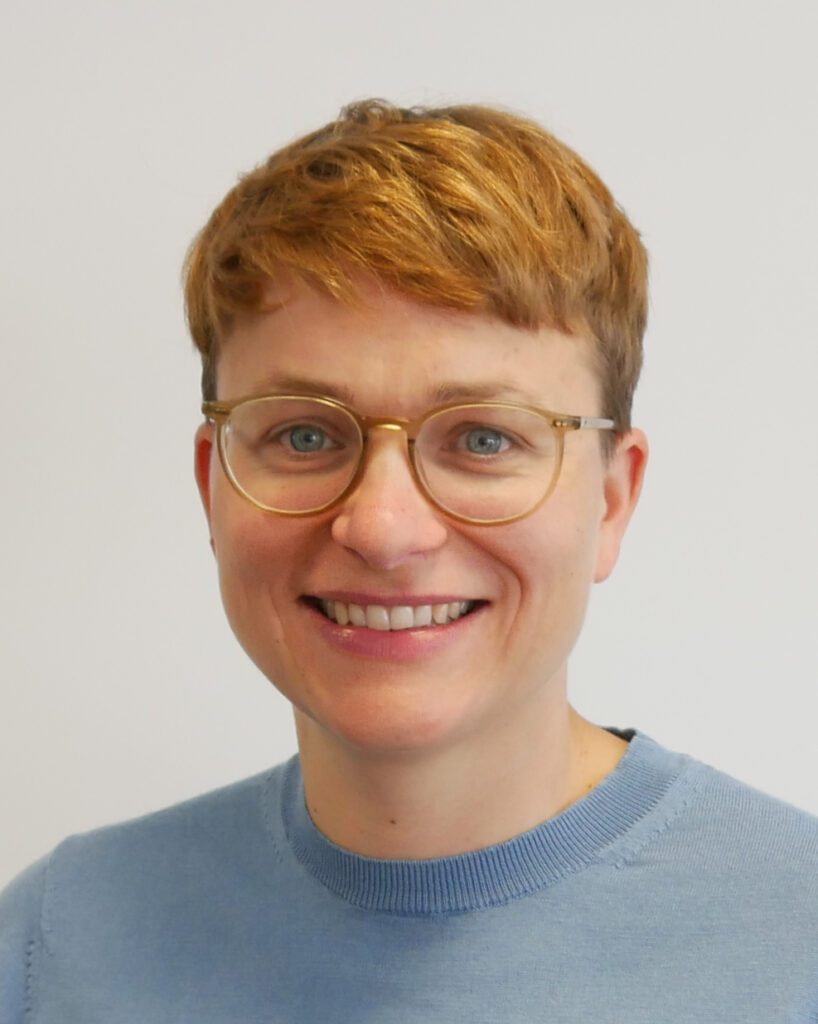
Friederike Reisch
Project developer mobility & Deputy Head of Unit
+49 (0)30 1208 434 32 friederike.reisch@rl-institut.deTeam Off-Grid Systems
The interdisciplinary and international team in the Off-Grid Systems unit develops electrification strategies based on renewable energy for developing regions and optimizes hybrid mini-grids using simulation models and geographic information systems (GIS). Their focus is on developing and implementing sustainable energy supply solutions for remote areas.
RLK – Reiner Lemoine Kolleg
The RLK – Reiner Lemoine Kolleg is a graduate school and started its work in January 2020 at the RLI. Since then, the team of currently six doctoral candidates has been conducting research on issues related to energy system transformation. They are funded by scholarships from the Reiner Lemoine Foundation. The team currently consists of five doctoral students: Philipp Diesing, Martha Hoffmann, Tabea Katerbau, Josephine Semb and Nubius Brandner. The Head of the Graduate School is Philipp Blechinger.
The RLK was founded to better understand systemic obstacles to the energy transition and to research specific solutions in order to make an energy system with 100 % renewable energy possible. It works in a practice- and application-oriented manner and is supported by a network of experts.
Research Topics
Agatha Majcher is pursuing her doctorate at the Reiner Lemoine College (Energy Transition) in the FossilExit research group at the European University of Flensburg. In her dissertation, she examines the social distribution effects and conditions for acceptance of key climate policy instruments, in particular CO₂ pricing and the reduction of fossil fuel subsidies. Using microsimulations and energy modeling, she analyzes how different policy designs affect households, energy prices, and national energy systems. The aim of her research is to identify design options for a socially just and politically viable climate policy.
Josephine Semb is doing her PhD in connection with the FossilExit Research Group at the Europa-Universität Flensburg on the democratization of the heat transition. She is investigating various forms of public participation and their impact on acceptance. The aim is to shed light on how bottom-up-driven transformations can accelerate the energy system transformation.
Martha Hoffmann conducts her research in cooperation with the Europa-Universität Flensburg (EUF). She works on the realization of a socially just and accepted energy transition. For this, she plans to add social and ecological aspects to the current technical and economical focus within energy transition planning processes. The development of an integrated energy system model will assess the impact of energy market reforms on community and household level as well as their implications for distributive justice.
Merle-Marie Johannsen is pursuing her doctorate in cooperation with the Technical University of Berlin and is investigating regional variations in the social acceptance of renewable energy technologies and associated infrastructures. Based on quantitative analyses, she is developing a context-sensitive governance tool for early, needs-oriented citizen participation in order to make transformation processes more equitable and sustainable. To this end, she also uses qualitative methods such as guided interviews and qualitative content analyses.
Nubius Brandner does his PhD in collaboration with the Potsdam Institute for Climate Impact Research (PIK) and the Technical University of Berlin analyzing the resilience of power grids in the face of increasing electricity demand and a growing threat from extreme weather events. He uses energy system models from theoretical physics to identify vulnerabilities in the power grid and examine measures for stabilization.
Philipp Diesing writes his dissertation in cooperation with the LUT University in Finland and deals with the defossilisation of the German manufacturing sector, specifically by examining the so-called Middle German Chemical Triangle in Saxony-Anhalt. The aim is to create future scenarios for this industrial region, taking into account social structures and technical and economic conditions, and to derive recommendations for action.
Simon Dübell focuses in his doctoral thesis on coupling the heat and hydrogen sectors with the aim of increasing the efficiency of hydrogen production by utilizing low-temperature waste heat in existing and future heat supply systems. To this end, he is developing and expanding techno-economic energy system models that map electrical, thermal, and hydrogen-based subsystems in order to analyze the deployment planning, application possibilities, system effects, and efficiency potential of decentralized electrolysis systems. Supervision is provided cooperatively by Prof. Dr.-Ing. Lutz Dittmann (Berlin University of Applied Sciences) and Prof. Dr.-Ing. Clemens Felsmann (Dresden University of Technology).
Tabea Katerbau is working on her doctorate on the contribution of energy communities to accelerating the energy system transformation. Her research focuses on the potential of energy communities to relieve the distribution grid, their economic viability and social equity. Among other things, an existing energy cell model is being expanded and load flow simulations are being conducted.
Further information on the RLK can also be found on the website of the Reiner Lemoine Foundation.



